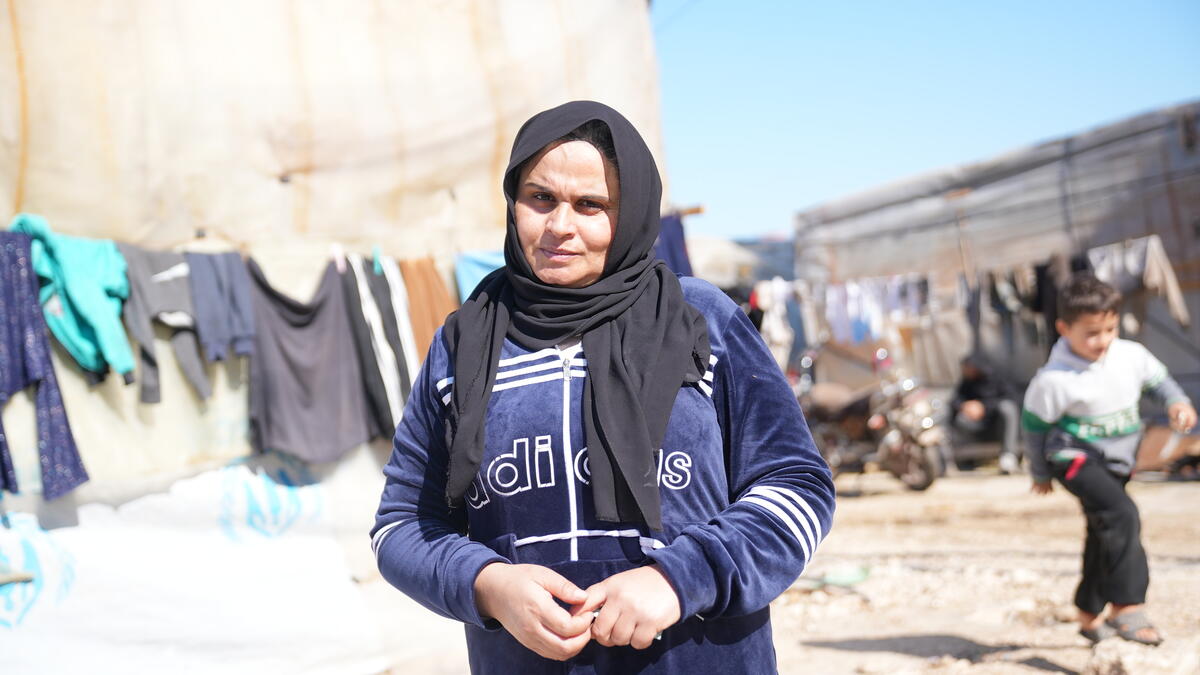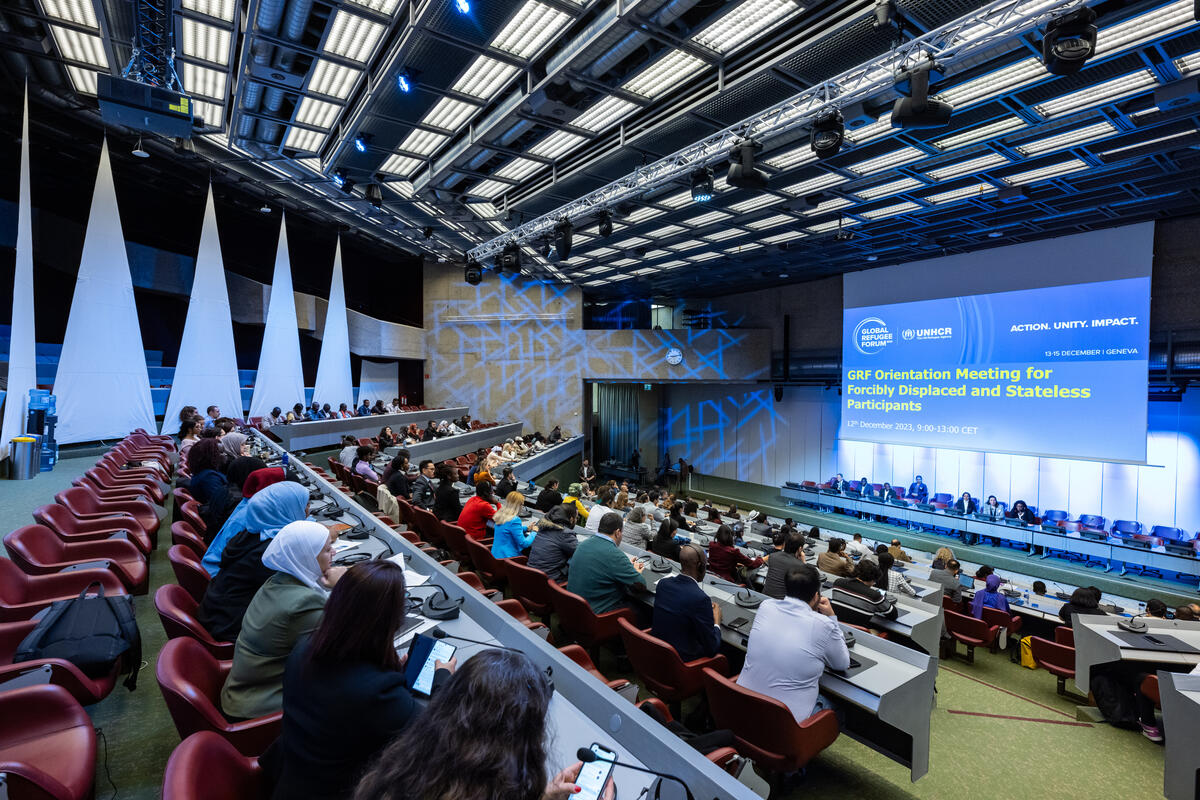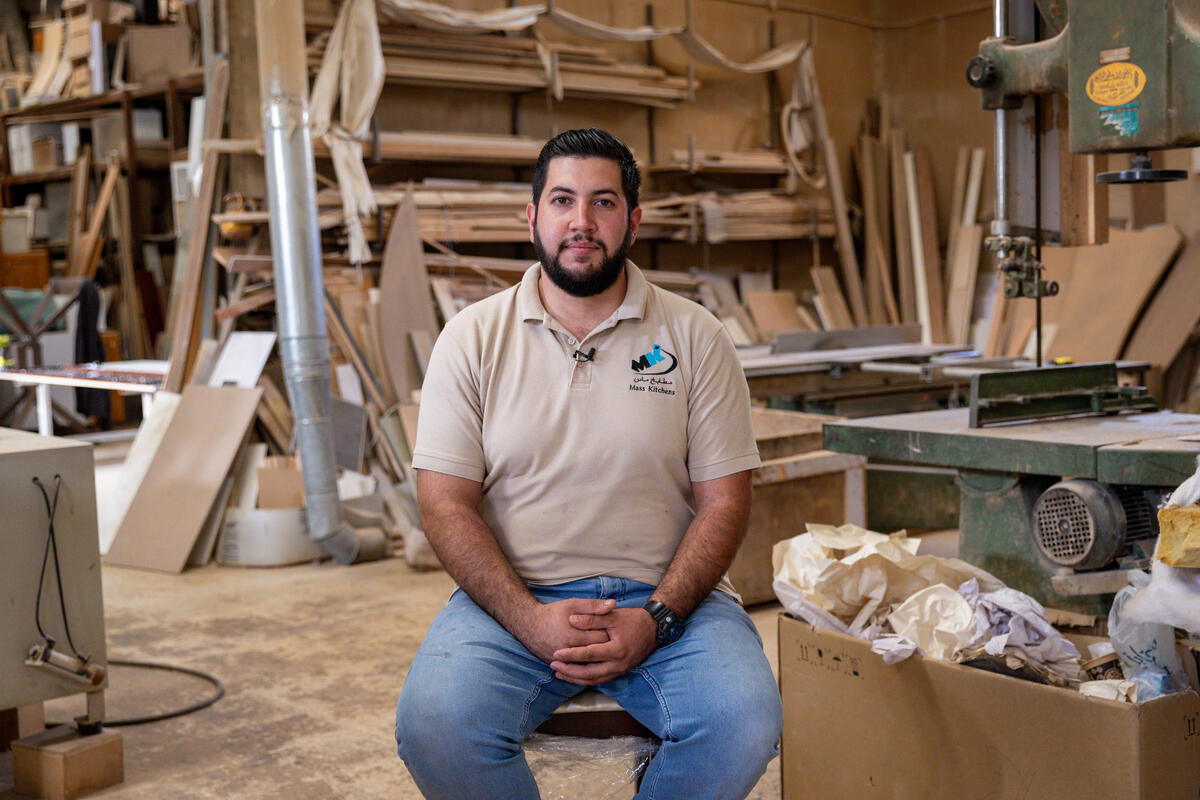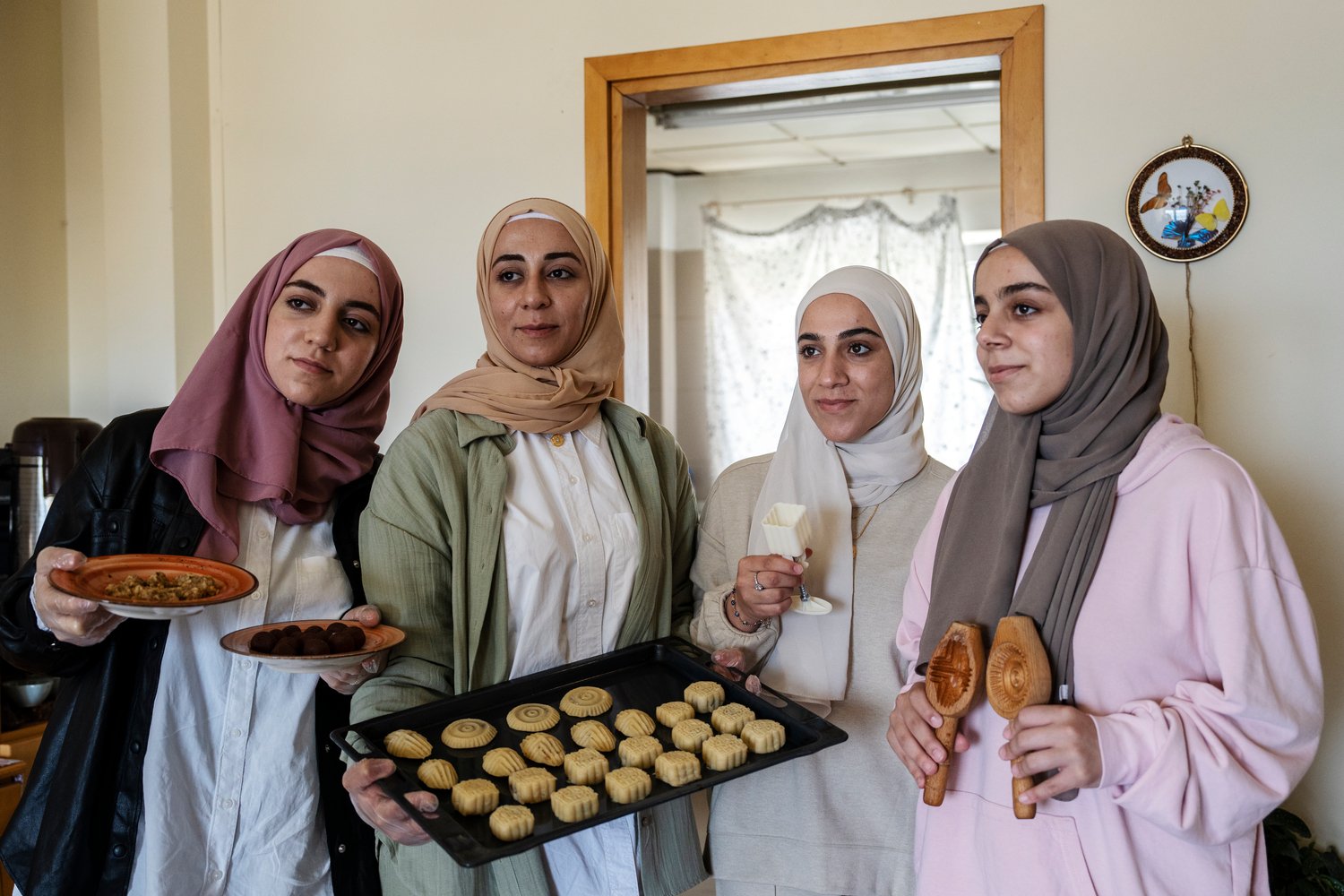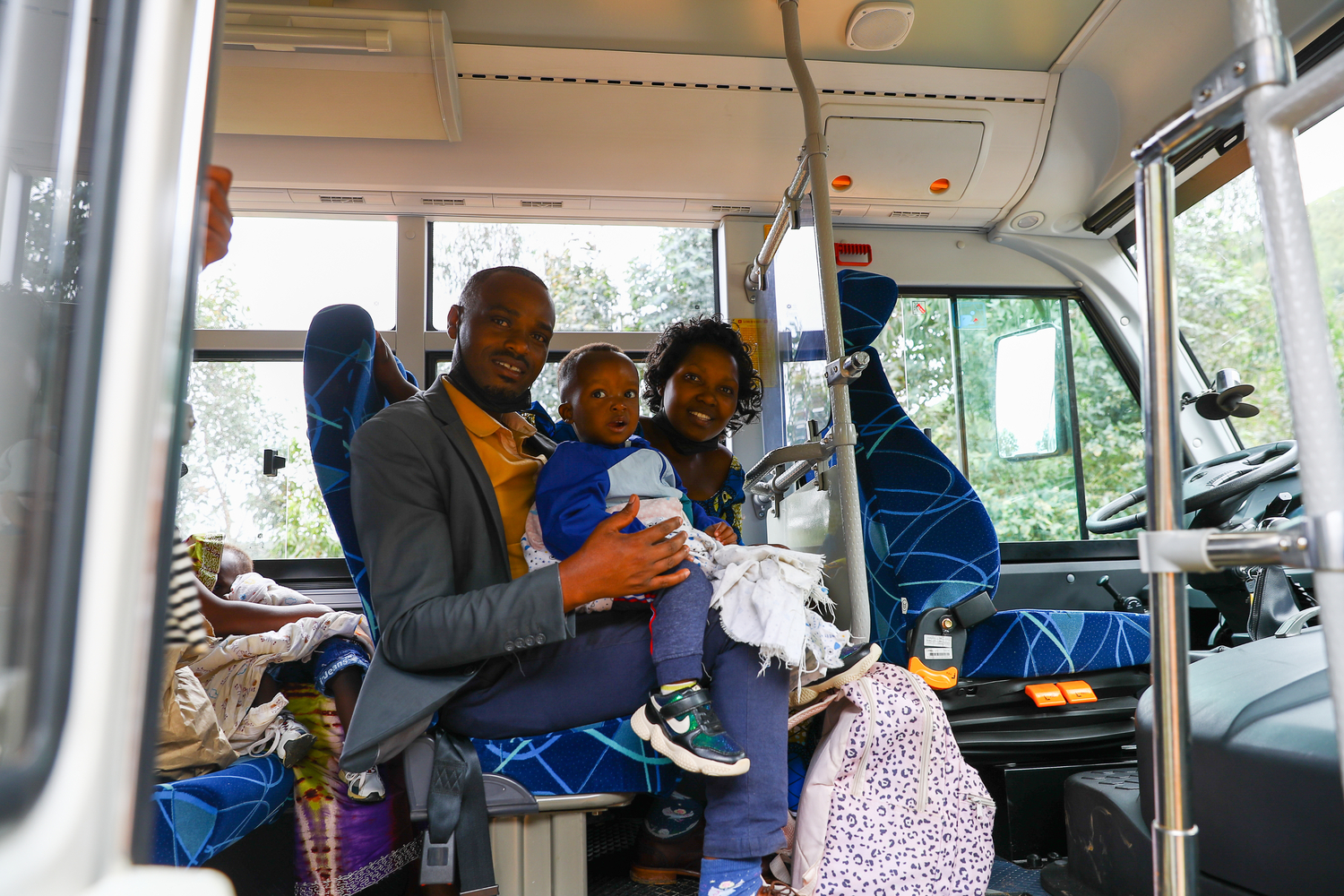Step by step

Step by step
Wisam doesn’t remember much about the explosion that threw her from the roof of her home in Syria. She often used to go up there to think, looking out at the Dara’a countryside and reflecting on how beautiful life could be, despite the conflict that had been raging around her for almost five years.
“One minute I was leaning against the wall, and the next I felt myself falling,” she recalls, thinking back to that dark day in January. “I was completely conscious. It was only when I hit the ground that I started to scream.”
The impact shattered 22-year-old Wisam’s spine. Her screams brought her family and neighbours running outside, where they loaded her as gently as they could into the back of a pickup truck and took her to a local hospital.
After a scan revealed the extent of her injuries, the doctors told her she wouldn’t be able to get the treatment she needed in Syria. Instead, they urged her family to drive south to the border and try to get her to a hospital in Jordan.
The journey was agony, Wisam remembers. Every bump in the road sent unimaginable pain ripping through her body, and she feared that damage to her spinal cord would leave her paralyzed. “I didn’t think I was going to survive,” she says. “I had the sense that my soul was leaving bit by bit, and I just gave into it.”
Her family was with her in the car, including her husband – a childhood friend from the same village whom she had fallen in love with and married five months earlier.
“I was saying goodbye to him the whole way. I knew in my heart I was leaving him one way or the other, and I didn’t know whether I would see him again.”
“I didn’t think I was going to survive.”
He stayed with her until the last possible moment, when the Jordanian authorities – sympathetic to Wisam’s situation – transferred her into an ambulance and drove her away.
She was taken to a hospital in the Jordanian capital, Amman, for an operation to repair her broken vertebrae. She remembers waking up after the surgery and feeling ecstatic when she was able to move her legs, but being quickly brought down to earth when doctors told her that the damage to her spine meant she might never walk again.
“I was shocked when I heard that, but I decided not to listen to them and promised myself that I would walk,” she says.
In mid-February, Wisam moved to a rehabilitation centre in Amman that is managed by Syrian-run charity Souriyat Across Borders. She began physiotherapy sessions to rebuild the atrophied muscles in her legs, exhausting herself during exercise sessions lasting up to three hours. “Those first steps were so sweet, but it also shook me to realize just how hard it was going to be to do something as simple as walking.”
Just a month later, she was already moving around unassisted, using crutches and shoes with specially adapted leg braces. But despite her swift progress, she still faces up to a year of intense therapy to regain full mobility. “That’s my only goal,” she says. “Until then I’m trying not to think about going back to Syria and my family. I will just keep working hard until walking becomes easy again.”
“I will just keep working hard until walking becomes easy again.”
Rather than feeling bitter, Wisam says the injury has given her a newfound appreciation of life, and revealed an inner strength and determination that she didn’t know she possessed.
Eventually, she hopes to return home to her husband, and perhaps resume the nursing course she was forced to abandon when she left. “I want to live my life normally, without feeling sorry for myself or having other people pity me. I hope there is a future for me back in Syria – a different future than before, but a beautiful one.”





